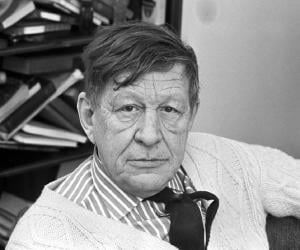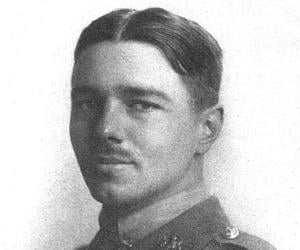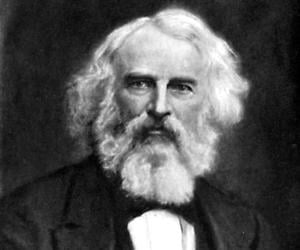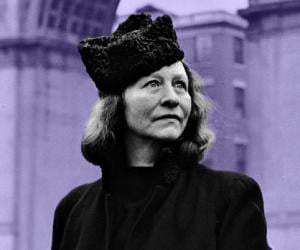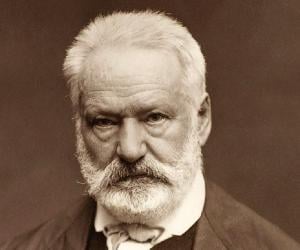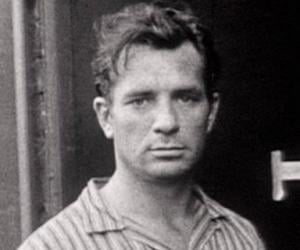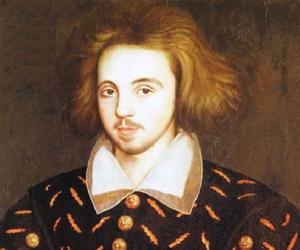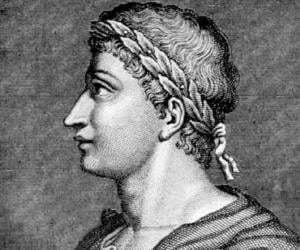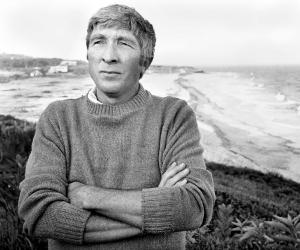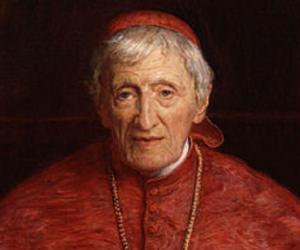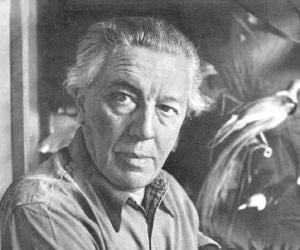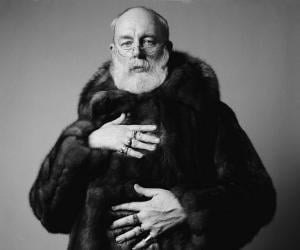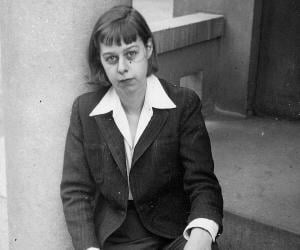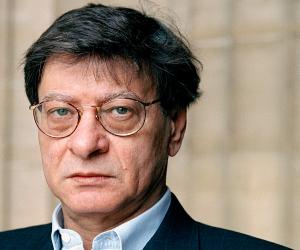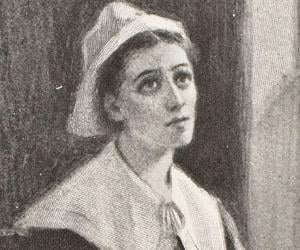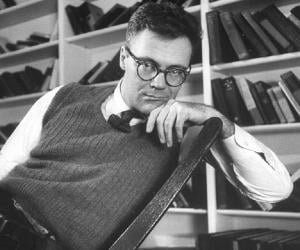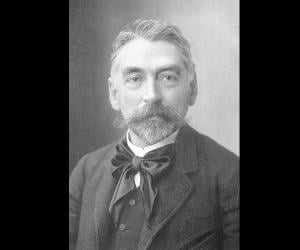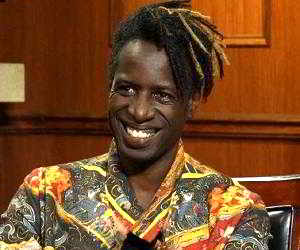W. H. Auden was an Anglo-American poet. His poetry was noted for its technical achievement and versatility. He wrote poems on love, political and social themes, and cultural and psychological themes. Throughout his career, Auden was both influential and controversial. His personal life also attracted attention as he had sexual relationships with men, which was unusual at the time.
Wilfred Owen was an English soldier and poet. One of the most important poets during World War I, Owen wrote about the horrors of gas warfare. His life and career inspired a docudrama titled Wilfred Owen: A Remembrance Tale where he was portrayed by Samuel Barnett. In 1989, the Wilfred Owen Association was established to commemorate his life and poetry.
Victor Hugo was a French poet, dramatist, and novelist of the Romantic movement. Regarded as one of the best-known and greatest French writers of all time, Victor Hugo wrote abundantly during his career that spanned over six decades. Thanks to his works, such as Hernani and Cromwell, Victor Hugo was one of the leading figures of the Romantic literary movement.
English playwright, poet, and translator, Christopher Marlowe, was one of the major literary figures of the Elizabethan era. It is believed that he greatly influenced his contemporary William Shakespeare. He led a troubled life and died young under mysterious circumstances. Despite his early death, he is regarded as one of the foremost dramatists of the 16th century London.
Roman poet Publius Ovidius Naso, better known as Ovid, lived during the rule of Augustus. He is held at par with Latin legends Virgil and Horace. Remembered for his mythological masterpiece the Metamorphoses, a 15-book Latin poem, he spent his final years exiled in a city on the Black Sea.
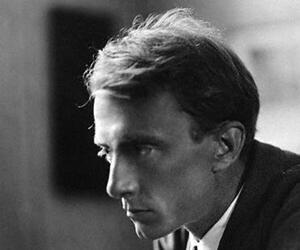
Educated at Oxford, poet Edward Thomas spent a considerable time working rather reluctantly as a journalist and penning nature studies and critiques of 19th-century authors. An encounter with Robert Frost inspired him to write poems. He was killed in action in Arras, France, during World War I.
An important figure in the English religious history, John Henry Newman was a nineteenth century theologian, scholar and poet. Famed for leading the Oxford movement in the Church of England, he later switched to the Roman Catholic Church, eventually becoming the Cardinal Deacon of St. George in Velabro. Also an influential educator and writer, he was canonized in October 2019.
Born into a family of shopkeepers, French poet André Breton initially studied medicine and psychiatry. He then joined Dadaism and eventually branched out and became one of the pioneers of the surrealist movement. Known for his Surrealist Manifestos, Breton was also a collector of manuscripts, sculptures, and paintings.
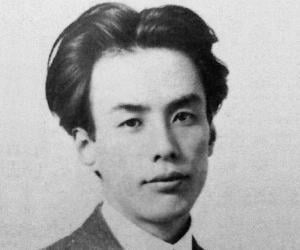
Ryunosuke Akutagawa was a Japanese writer best remembered for writing more than 150 short stories including In a Grove which inspired the 1950 film Rashōmon. Considered the father of the Japanese short story, Ryunosuke Akutagawa's brief career helped inspire his friend Kan Kikuchi to create Akutagawa Prize, a literary award for new writers, which is named in his honor.
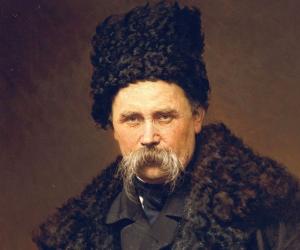
Revered as the Palestinian national poet, Mahmoud Darwish was born in al-Birwa, a village that was ravaged by Israelis. He was exiled in Paris and Beirut for many years and was even once put in prison for reciting a poem. His writing style merged traditional Arabic forms with modern elements.

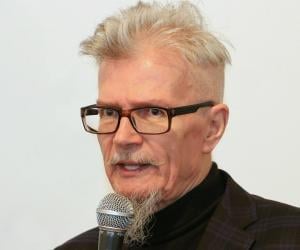
The firebrand National Bolshevik Party leader Eduard Limonov gained fame with his first novel, It's Me, Eddie, which contained explicit sexual imagery and obscene language, and was written while he was in literary exile in New York. He was also part of The Other Russia, a group of Putin opposers.
Stéphane Mallarmé was a French poet whose work inspired many artistic schools of the 20th century like Surrealism, Futurism, Dadaism, and Cubism. Over the years, his poetry has also served as an inspiration for many musical pieces, including Claude Debussy's Prelude to the Afternoon of a Faun. Mallarmé's work also influenced Man Ray's film, Les Mystères du Château de Dé.

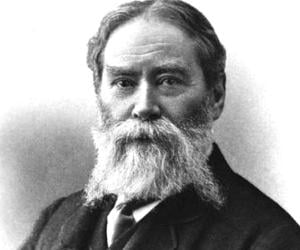
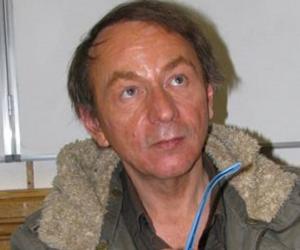
Michel Houellebecq is a French author known for his novels, essays, and poems. He also occasionally makes films. As controversial as he is popular, he has been accused of obscenity, misogyny, racism, and Islamophobia. His works generally receive positive responses and some critics consider him one of the greatest living authors today. He is a recipient of the Prix Goncourt.
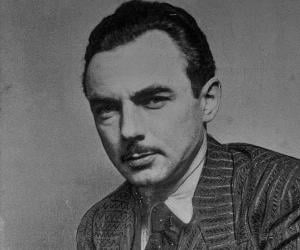
Four-time Nobel Prize-nominated German author Erich Kästne is best remembered for his children’s books such as Emil and the Detectives. Initially aspiring to be a teacher, he later had stints as a journalist and a freelance author. A leading satirist, he contributed to Die Weltbühne and also headed PEN.
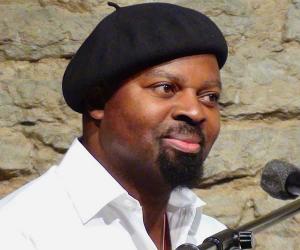
Distinguished Nigerian poet and novelist Ben Okri OBE FRSL is counted among the leading African authors in the post-modern and post-colonial traditions. His 1991 novel The Famished Road led him to become the youngest-ever winner of the Man Booker Prize for Fiction. Other notable works of Okri includes A Way of Being Free, A Time for New Dreams and Starbook.
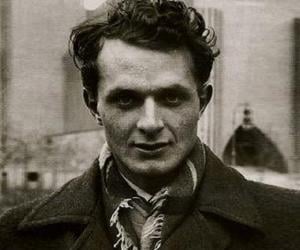
English poet and critic Stephen Spender mostly dealt with themes such as social issues and class struggle. He had also been an editor for Encounter and Horizon. He later taught at various institutes and also became the first non-American poetry consultant of the U.S. Library of Congress. He was knighted, too.
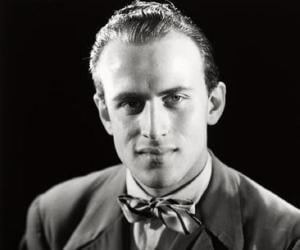
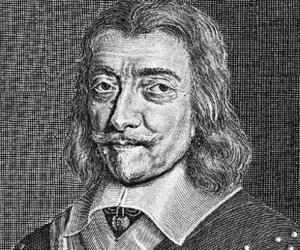

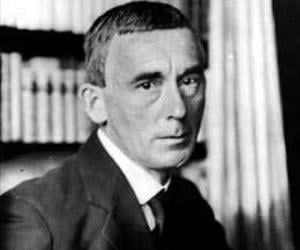
Author, poet and dramatist Hugo Ball was also a harsh social critic and a staunch pacifist. Known for his works like Critique of German Intelligence and The Flight from Time, he left Germany during WWI to settle down in neutral Switzerland, eventually becoming famous as the founder of the Dada movement and a pioneer in the development of sound poetry.
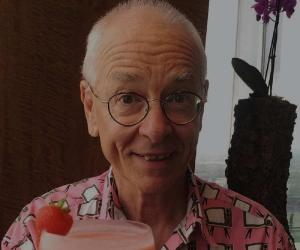
Swedish-born Australian Karl Kruszelnicki, better known as Dr. Karl, was born to Holocaust survivors. The internationally renowned science commentator is a well-known radio and TV personality, who has won the Ig Nobel Prize and has been named a Living Treasure. He has also penned scores of books.
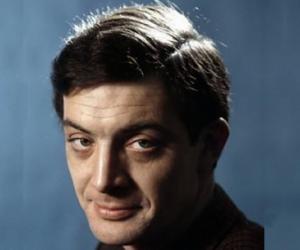
Jake Thackray was an English poet, journalist, and singer-songwriter. He achieved immense popularity during the 1960s and 1970s when he started appearing on British television, performing his topical comedy songs. Jake Thackray is credited with influencing performers like Jarvis Cocker, Alex Turner, Ralph McTell, and Mike Harding.
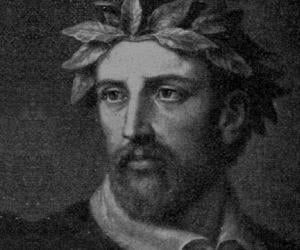
Torquato Tasso was a 16th-century Italian poet. He is best remembered for his poem Gerusalemme liberata (Jerusalem Delivered). The son of a prominent poet, Tasso grew up to be a brilliant young man. Even though his father wanted him to become a lawyer, he decided to become a poet and achieved considerable fame. His poems were widely translated.
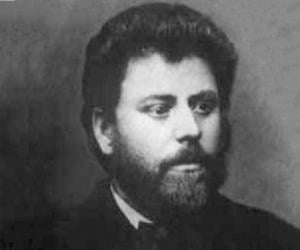
Romanian author Ion Creanga is best remembered for his pioneering contribution to children’s literature, Childhood Memories. He was associated with the Romanian literary society Junimea and the realist art movement. He also enriched the folklore of Romania, drawing on the fairy tales of his land.
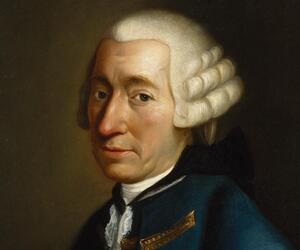
Best known for his picaresque novels such as The Adventures of Peregrine Pickle, Scottish novelist Tobias Smollett was born into a family of lawyers and soldiers and initially attended medical training. Some believe he quit university without a degree, while it is also said he had served as a navy surgeon.
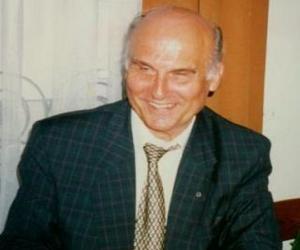
Globally reputed Polish journalist, photographer, poet and author Ryszard Kapuściński was the only correspondent of the Communist-era Polish Press Agency in Africa at the time of decolonization. Notable works of Kapuściński, who was considered a candidate for the Nobel Prize in Literature, includes Another Day of Life, The Emperor, Imperium and The Shadow of the Sun..
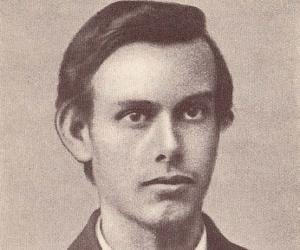
Poet and critic Lionel Johnson was part of the 1890s’ tragic generation, with themes of decadence prevailing in his works. Best known for his study on Thomas Hardy, he was a closeted homosexual and was plagued by alcoholism. It is believed he died after falling and suffering a skull fracture.
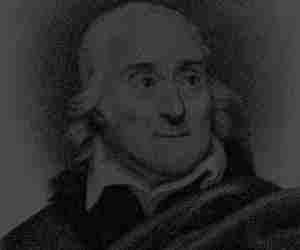
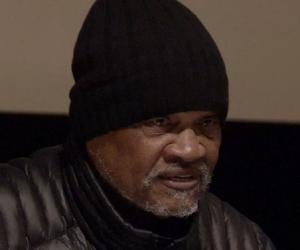
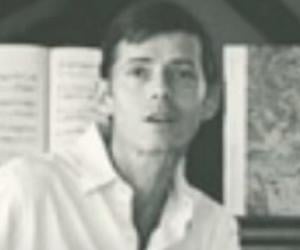
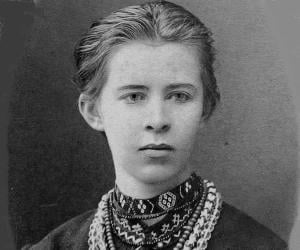
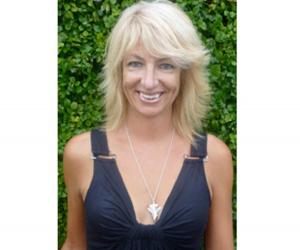
Sonja Yelich is a New Zealand poet best known as the mother of the popular singer-songwriter, Lorde. Sonja Yelich achieved popularity as a poet when she released her first collection of poems titled Clung which earned her the prestigious Jessie Mackay Award at the New Zealand Book Awards in 2005.

British scholar and poet I. A. Richards is known for contributing to the New Criticism movement. While he initially taught English and moral sciences, he later focused on developing a new way of reading literature, known as practical criticism. The Meaning of Meaning remains one of his best-known works.
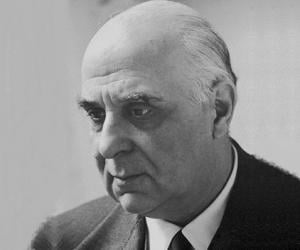
George Seferis was a Greek diplomat and poet. A Nobel laureate, Seferis is widely regarded as one of the most prominent Greek poets of the 20th century. A well-known and respected diplomat, George Seferis served as the Ambassador to the UK from 1957 to 1962.
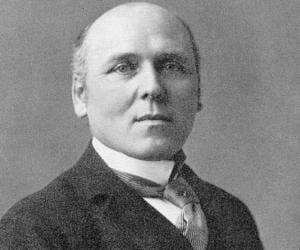
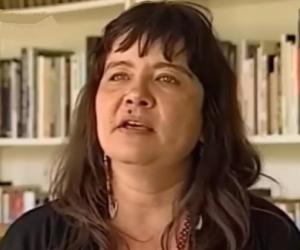
Leslie Marmon Silko is an American writer who played an important role in the First Wave of the Native American Renaissance. Best known for her essays, short story collections, and poems, Silko was honored with a Lifetime Achievement Award by the Native Writers' Circle of the Americas (NWCA) in 1994. In 2020, she won the prestigious Robert Kirsch Award.
